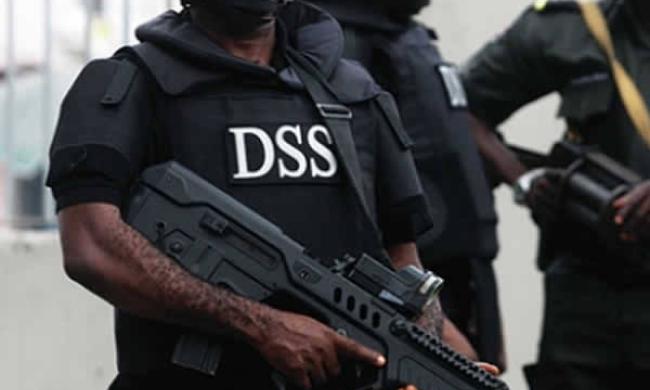
Activists involved in the #EndBadGovernance protests have accused Nigeria’s Department of State Services (DSS) of ongoing harassment despite a Federal High Court ruling from the Kaduna Judicial Division that ordered their release from custody.
Speaking on the condition of anonymity due to fears of further retaliation, some of the released protesters revealed to SaharaReporters on Tuesday that shortly after their discharge, they were contacted by the DSS.
According to the activists, the DSS demanded they sign an agreement that would impose severe restrictions on their movements and prevent them from publicly discussing their time in detention.
“We thought our freedom had finally been secured after the court ruled in our favor, but the DSS is still after us, insisting we sign this bond,” one protester shared.
“It feels like they want to silence us, even though the court found no valid reason to keep us detained,” another added.
The protesters were initially arrested during the nationwide #EndBadGovernance demonstrations, which kicked off in August 2024. The movement sought to challenge the government’s unpopular policies, widespread corruption, insecurity, and unemployment.
On Thursday, October 17, 2024, the activists were officially cleared of all charges when the DSS prosecutor withdrew the case.
However, after their release, the DSS summoned the activists, compelling them to sign undertakings that limit their movements. “Since the judge struck out the charges, we expected the matter to end. But the DSS keeps calling us back to their office,” one of them explained.
Some of the released protesters had to agree to restrictions that even prohibit them from traveling short distances, such as to nearby Zaria, and they are also banned from international travel without the DSS’s approval. “We can’t go anywhere without getting permission first,” another added.
The harsh treatment experienced in DSS custody has left many of the activists in poor health. “When they released us, we were so sick that we had to seek medical attention immediately,” a source said.
Another protester, still traumatized by his ordeal, questioned why the DSS continued to target them despite the court ruling in their favor. “Our lawyer has spoken to the DSS, asking if we could delay our return to their office until we fully recover. The DSS legal team agreed, but we still don’t know what will happen when we eventually go back.”
He added, “We suspect they want us to sign more agreements that will limit our basic rights—like our freedom to speak publicly about what happened in detention. We believe they want us to give up these rights.”
Another activist echoed this concern, saying, “Others who were previously detained had similar experiences. After returning to the DSS office, one was re-detained for seven days before being freed again.”
When asked if the court had imposed any movement restrictions, the activists responded, “No such thing. As soon as the DSS withdrew the charges, the case was struck out.”
“They don’t want us to speak out. If we do, it could put us at greater risk. The DSS has all our personal information—our addresses, bank details, everything. Even if we don’t name ourselves in reports, they can easily trace it back to us,” one protester concluded.
The DSS detained a total of 39 individuals, gradually releasing them over a period of 75 days. Although the last three activists were freed just last week, the harassment continues.
Stay updated on this developing story by joining our WhatsApp channel here: https://whatsapp.com/channel/0029VabITrvEAKW7DSkTfP0J